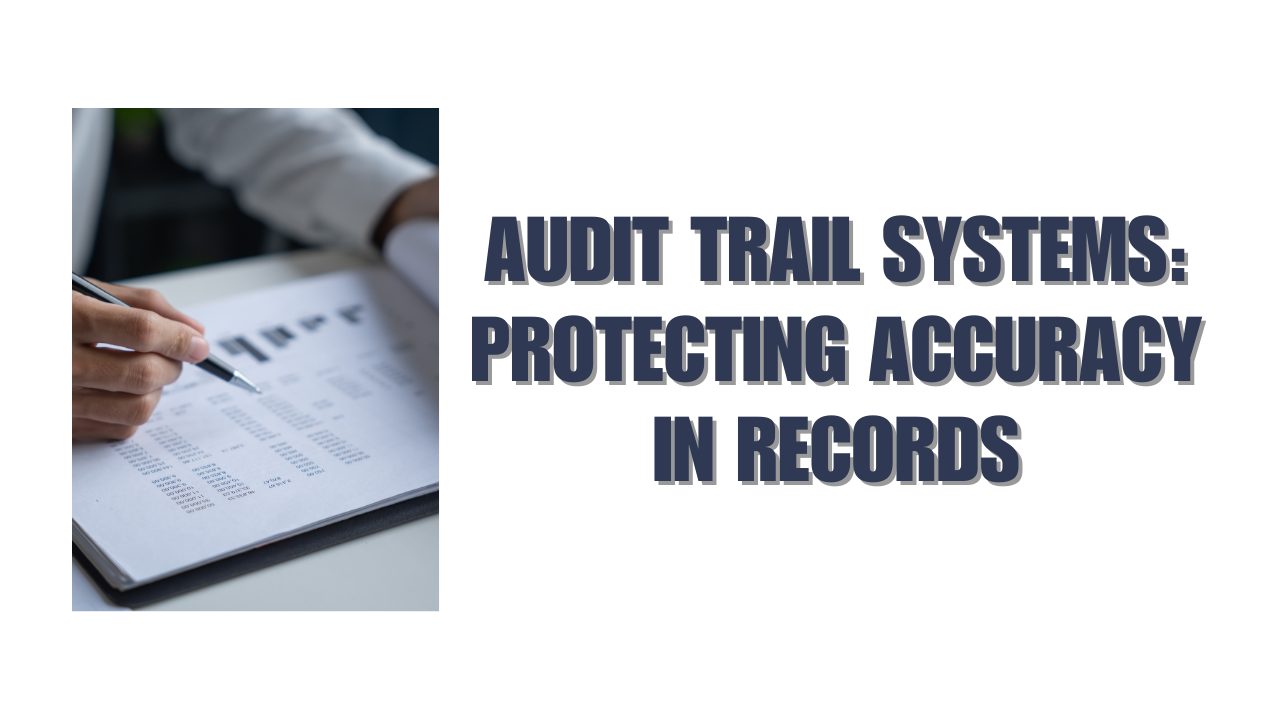Choosing the right auditor is crucial for maintaining financial transparency, compliance, and business credibility. Whether you need an external audit for regulatory compliance or an internal audit to improve operational efficiency, finding an experienced auditor is essential. This guide explores the key factors to consider when selecting an auditor, the types of audit services available, and why Aurora Financials is a reliable choice for businesses across New Zealand.
Why You Need an Auditor
An auditor plays a key role in evaluating your financial statements, internal controls, and regulatory compliance. Businesses require auditing services for various reasons, including:
- Ensuring financial accuracy and transparency
- Complying with legal and industry regulations
- Identifying potential risks and areas for improvement
- Enhancing stakeholder confidence
Types of Auditors
| Type of Auditor | Purpose |
|---|---|
| External Auditor | Conducts independent financial statement audits for regulatory compliance |
| Internal Auditor | Assesses internal controls and risk management processes |
| Tax Auditor | Ensures tax compliance and identifies potential tax liabilities |
| Forensic Auditor | Investigates financial fraud and misconduct |
| Compliance Auditor | Checks adherence to industry-specific regulations |
Key Factors to Consider When Finding an Auditor
1. Qualifications and Credentials
Ensure the auditor holds recognized certifications, such as Chartered Accountant (CA) or Certified Public Accountant (CPA). These credentials demonstrate expertise and adherence to professional standards.
2. Industry Experience
Look for an auditor with experience in your industry, as they will have a deeper understanding of industry-specific regulations and challenges.
3. Scope of Services
Determine whether the auditor offers the specific services your business requires, such as financial audits, tax audits, or compliance audits.
4. Reputation and References
Check client reviews, testimonials, and references to gauge the auditor’s reliability and service quality.
5. Technology and Remote Capabilities
With businesses increasingly relying on digital solutions, choose an auditor who uses modern accounting software and offers remote auditing services.
How to Find the Right Auditor
- Identify Your Business Needs – Determine whether you need a financial audit, internal audit, or compliance review.
- Research and Shortlist – Look for auditors with the necessary qualifications, experience, and positive client feedback.
- Compare Service Offerings – Evaluate the range of services, pricing, and expertise of shortlisted auditors.
- Schedule Consultations – Discuss your business requirements and assess the auditor’s approach and compatibility.
- Check Regulatory Compliance – Ensure the auditor adheres to national and industry-specific auditing standards.
Why Choose Aurora Financials as Your Auditor
Aurora Financials is a remote-first audit firm that provides expert auditing services to businesses across New Zealand. With a team of experienced professionals, we ensure compliance, financial accuracy, and risk management. Our key benefits include:
- Comprehensive audit services, including financial audits, internal audits, and tax compliance.
- Personalized approach, offering tailored solutions for businesses of all sizes.
- Remote auditing capabilities, making audits accessible and efficient for businesses nationwide.
- Industry expertise, providing specialized auditing solutions for various sectors.
Conclusion
Finding the right auditor is a critical step in maintaining financial transparency, compliance, and business integrity. By considering factors such as qualifications, experience, and service offerings, businesses can select an auditor that meets their specific needs. Aurora Financials stands out as a trusted audit partner, offering expert remote auditing services across New Zealand.
FAQs
1. How do I know if I need an auditor?
If your business requires financial statement verification, regulatory compliance, or risk assessment, hiring an auditor is essential. Businesses often require audits due to legal obligations, investor requirements, or internal controls. If you notice inconsistencies in financial records, an audit can help identify and resolve issues before they become critical.
2. What qualifications should an auditor have?
Look for auditors with CA (Chartered Accountant) or CPA (Certified Public Accountant) certifications. These qualifications indicate that the auditor has undergone rigorous training and adheres to professional auditing standards. Additionally, industry-specific certifications, such as Certified Internal Auditor (CIA), may be relevant depending on your business needs.
3. Can an auditor work remotely?
Yes, many audit firms, including Aurora Financials, offer remote auditing services for convenience and efficiency. Remote audits use cloud-based accounting software, secure data sharing platforms, and virtual meetings to ensure a smooth auditing process without the need for physical presence.
4. How often should businesses get audited?
The frequency of audits depends on regulatory requirements, company policies, and business needs. Some businesses require annual audits due to industry regulations, while others may opt for periodic internal audits to assess risk management and operational efficiency. Regular audits can help businesses stay compliant and identify financial or operational inefficiencies proactively.
5. What is the difference between an internal and external audit?
An internal audit is conducted by a company’s in-house audit team or an external firm hired for internal assessments. It focuses on improving business operations, internal controls, and risk management. An external audit, on the other hand, is performed by an independent third-party auditor to review financial statements for accuracy and compliance with legal standards.
6. Can an audit firm provide tax services?
Yes, many audit firms offer tax-related services, including tax compliance audits and advisory services. These services help businesses ensure that they are meeting tax obligations, identifying deductions, and optimizing their tax strategies while staying compliant with local tax laws.
7. Can an audit firm provide consulting services?
Yes, audit firms often provide consulting services in areas such as risk management, process improvement, financial planning, and compliance strategies. However, firms must adhere to ethical guidelines to prevent conflicts of interest when providing both audit and advisory services to the same client.






